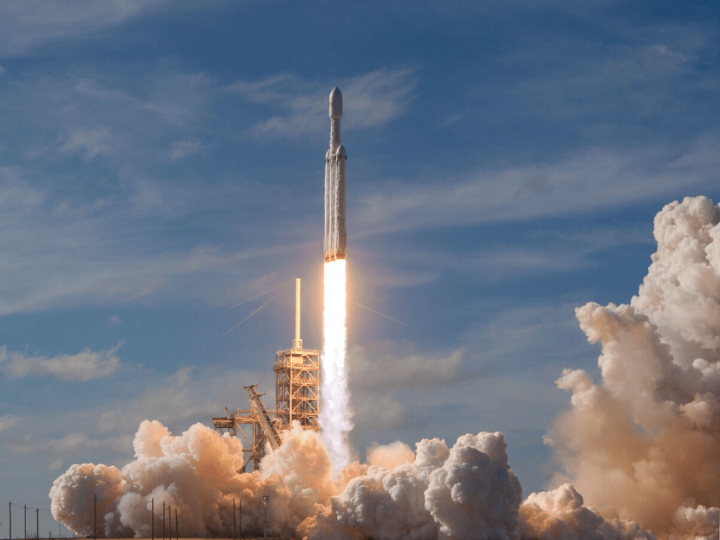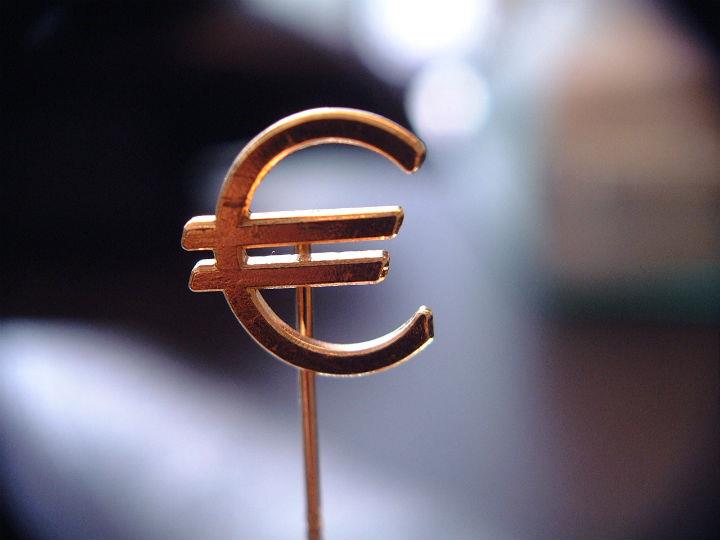by Sam Morgan
SpaceX’s achievement means a few immediate things: the US no longer has to rely on Russia to get its spacemen into orbit, launches are still capable of capturing our collective imagination and the commercialisation of the cosmos is fully underway.
Musk’s aim – and that of fellow billionaire Jeff Bezos – is to push forward space exploration and, ultimately, put humans on Mars, develop a colony and offer Planet Earth an escape plan if our self-destructive tendencies hit critical mass.
That scenario immediately brings to mind the scores of sci-fi films made over the years about a doomed Earth and the advances in space travel developed to make humans an interplanetary species.
Christopher Nolan’s Interstellar is one of the most all-too-realistic entries in this genre, with its plot about a drought- and disease-ravaged Earth, the plan to find another hospitable planet, and philosophical ruminations about the passage of time.
One line about a doomed mission to save the human race is particularly poignant: “Evolution has yet to transcend that simple barrier. We can care deeply – selflessly – about those we know, but that empathy rarely extends beyond our line of sight.”
That means family members, maybe a tight-knit community or, for the most convinced patriots, your country. But we cannot truly embrace a cause that goes beyond that.
Take the simple act of wearing a mask or staying at home to help fight coronavirus. It has proved too much of a sacrifice for many among us, who are either unable or unwilling to see how it helps others. The UK is a shameful example of that.
Altruism is a sliding scale. Go up a level and consider the dispute over whether to mutualise debt at the European level, where some wealthy (mostly northern) countries have flatly refused to consider the option.
EU budget chief Johannes Hahn has even had to go out of his way to insist that the €750bn recovery fund plan is not an act of altruism but an investment strategy, pure and simple. Nearly 175,000 people have died in Europe alone, yet the discourse’s real focus is the bottom line, not lives.
That brings us to our Interstellar-esque plight: climate change. People are aware of it, more and more so, but it suffers from the same ‘out of sight’ malaise.
Too often, the headline risks are coastal properties falling into rapidly advancing seas, German GDP shrinking because of river droughts, or the Champagne wine-growing region considering the need to physically move in the future because of changing temperatures.
In reality, thousands, probably millions of people – though not in Europe – will no longer be able to live where they currently do because the land will be rendered uninhabitable. Most of the horrendous climate impacts are unavoidable because of current energy policies.
Now contrast that scientifically-accepted trajectory with the EU’s continued politicking over how ambitious to make its climate policies, which too often descends into petty scraps about a few percentage points or vested-interests.
The Commission clearly took inspiration from Star Trek when it named its recovery plan ‘Next Generation EU’, so maybe they – and the rest of the world – could take a bit of advice from the logical Mr Spock: “the needs of the many… outweigh the needs of the few.”
The Roundup
SpaceX’s achievement has given Europe pause for thought about securing its own autonomous access to the cosmos. The head of Musk’s main competition insists that if higher-ups make it a priority, a crewed mission would be possible this decade.
Lufthansa’s bailout saga took a new twist as the airline’s board finally gave its approval to the €9bn aid package. The Commission reportedly compromised on the conditions it wants to set in order to preserve sector competition.
Job cuts at Lufthansa are likely and the firm wants to work closely with trade unions. Check out Beatriz Rios’ story on how worker participation in management can help and be a stabilising influence during times of crisis.
The EU’s chief diplomat, Josep Borrell, weighed into the debate about whether Russia should attend this year’s G7 meeting, insisting that Moscow’s policy on Ukraine precludes it from readmittance. He added that Europe is “shocked and appalled” by the killing of George Floyd.
Enlargement Commissioner Oliver Varhelyi outlined how electoral reforms and changes in Albania and North Macedonia are needed to kick off EU accession talks.
Politically-motivated crimes in Germany are at their second-highest level since 2001, after records showed that offences from both the left- and right-wings of the spectrum spiked last year. Here’s how Berlin’s stint in charge of the EU’s presidency will affect sustainable finance.
The UK unveiled plans to set up its own carbon market, which – pending further Brexit talks – could be linked to the EU’s Emissions Trading Scheme. British officials are keen to stress that their plans actually go further than the bloc’s system.
An action plan geared towards more widespread organ donation is encouraging but better implementation is needed, says this health expert.
This week’s Transport Brief looks more into space policy and reactions to the EU’s virus recovery fund. Also check out the new vlog on transport’s budget concerns.
*first published in: www.euractiv.com




 By: N. Peter Kramer
By: N. Peter Kramer
